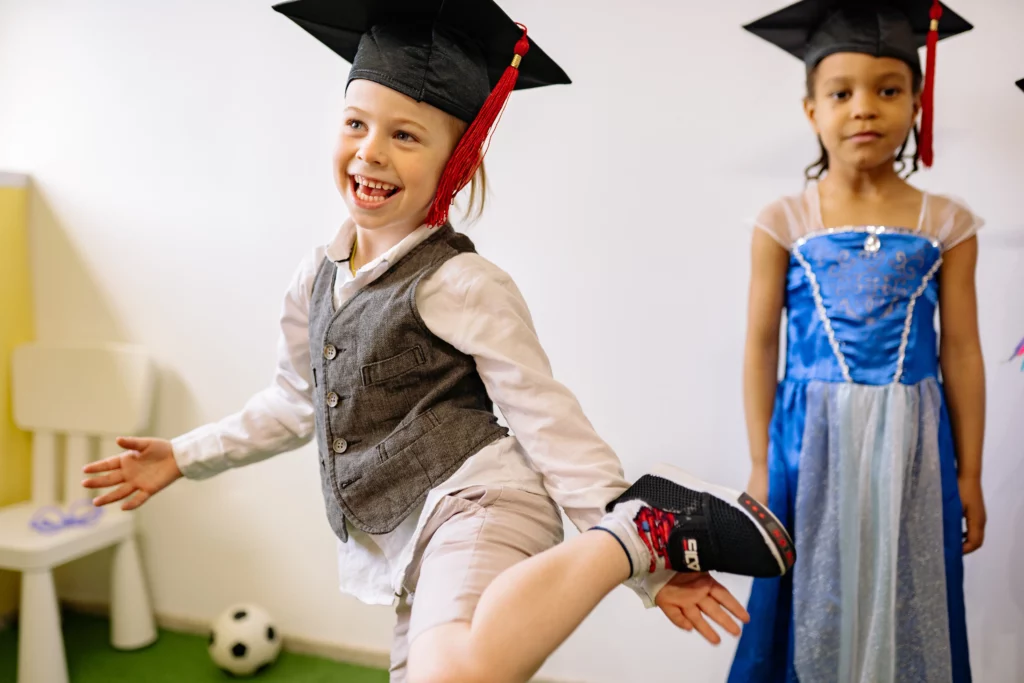SOBER Social Skills Development and STEM for a better life project is co-funded by the Erasmus+ program of the European Union. The project aims to create and implement a digital-based Complex Development Program and to offer methodology and training for teachers and special teachers, focusing on the basic skills development of underprivileged and SEN (special education needs) children.
The „Social skills development and STEM Orientation for a better life” project is strategic cooperation in school education of 5 partners from Hungary, Belgium, Poland, and Turkey. The project focuses on various modern activities necessary for developing the skillset that form the basis of human cognitive activity. This innovative action is designed to support student development to compensate for the disadvantages and make the lives of children with special educational needs easier.

Based on decades of experience, nowadays, the partial skills of kids arriving at school move over a broad spectrum. There is no such thing as a typically developing child; today, it can be described as atypic. The educational system faces increasing challenges on an international level as well when it comes to these changes in abilities. They must seize all possible ways and means of prevention, intervention, and compensation to do their job successfully.
The SOBER Complex Development Program aims to reduce inequalities in the learning outcomes of disadvantaged students, which is also crucial for strengthening social cohesion.
● The aim of the international partners of the development program is to reduce the number of early school leavers in school education by ensuring a sense of success, productivity, usefulness, and a competent presence.
● In the case of students with SEN, attention-deficit / hyperactivity disorder (ADD/ADHD), the development of partial ability disorder is significant to the success of their results, to improve their later life prospects, and to reduce their disadvantage.
● The Complex Development Program aims to reduce drop-out by developing basic competencies of a preventive nature and by supporting pedagogical activities that reduce disadvantage.
The Complex Development Program
is dedicated to:
1. Children with special educational needs
2. Children at risk of dropping out
3. Children with disadvantages in socio-cultural areas

Five stages of our work
- The Complex Development Program is focused on strengthening basic skills in pupils. Preparation of specific, tailored-to-age exercises in 8 areas: perception, concentration, memory, thinking, communication, orientation, and motor skills. Training is also prepared in two workbooks supporting the use and development of motor skills. Delivery of such materials to teachers and parents will support the development of SEN students.
- Establishment of an online platform with exercises. The digital-based online platform aims to help teachers use and disseminate educational materials tailored explicitly to (primary, secondary, SEN) students and those at risk of dropping out and to create a flexible learning management system that supports interaction, repetition, digital recording, and replaying. A creative and playful interface was designed for teachers and pupils to make their work more accessible and attractive.
- Creating the Advanced Complex Development Program. This stage creates educational materials to develop the digital competencies of SEN students and deliver training for teachers (and parents) to ensure the use of these materials and that they build their skills and increase their engagement to support the development of students.
- Continuous Professional Development (CPD) – Creating materials and delivering training for teachers and parents. In this step, evidence-based, easily accessible strategies and instruments are developed that support teachers in applying the materials correctly and efficiently. CPD guides teachers on how to use the material, develop their skills, and increase their engagement.
- Integrating Engineering Practices in Science Education. Materials developed in this step show how engineering concepts and practices are incorporated into STEM education. Tasks and exercises are designed to solve problems; students must develop and improve technology. These tasks focus on STEM practice. Through such practical, real-world connections, students will have an opportunity to see how STEM is part of their everyday world.

